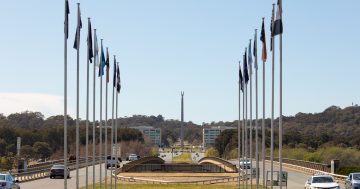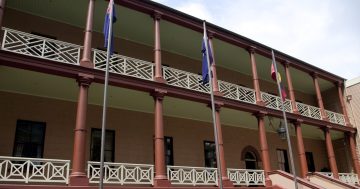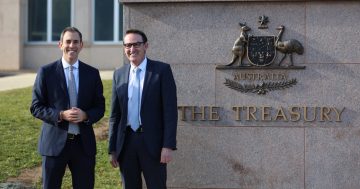IRELAND

Teachers protest over pay inequality. Photo: Brenda Fitzsimons, The Irish Times.
The Irish Government has agreed to enter talks with trade unions on the highly controversial two-tier pay structure for teachers, nurses and other Public Service personnel, but has set no deadline for when pay equality will be achieved.
About 60,000 PS employees appointed since 2011 are on lower salaries than their counterparts appointed before that year while doing the same job — as a result of a measure taken after the Global Financial Crisis.
The Opposition Fianna Fáil Party, whose agreement will be needed to pass the Budget in October, said that definite progress on tackling the two-tier pay issue would be one of its key demands.
Spokesman on Public Expenditure, Dara Calleary said his party would insist on measures to begin the process of pay equalisation in the next Budget, which is likely to be the last before the minority Fine Gael Government faces an election.
While accepting that full equalisation could not be achieved in one year, Mr Calleary said there must be a “substantial start in 2019”, indicating that Fianna Fáil would make it a key platform in Budget negotiations.
Government sources conceded that pay equalisation must happen, but were reluctant to put a firm timeline on it.
The planned new talks follow the publication of a report by the Department of Public Expenditure that estimated it would cost €200 million (A$318 million) to provide pay equality for those appointed after 2011.
It said this would equate to an additional €3,301 (A$5,250) on average for new entrants, on top of the existing pay benefits under the recent Public Service pay deal.
The report found just over 60,000 people had been affected by the lower pay rates since 2011, but these measures had not impacted on recruitment in general.
It argued that the lower-paid staff in the Public Service were still paid considerably more than their counterparts in the private sector.
Dublin, 18 March 2018











